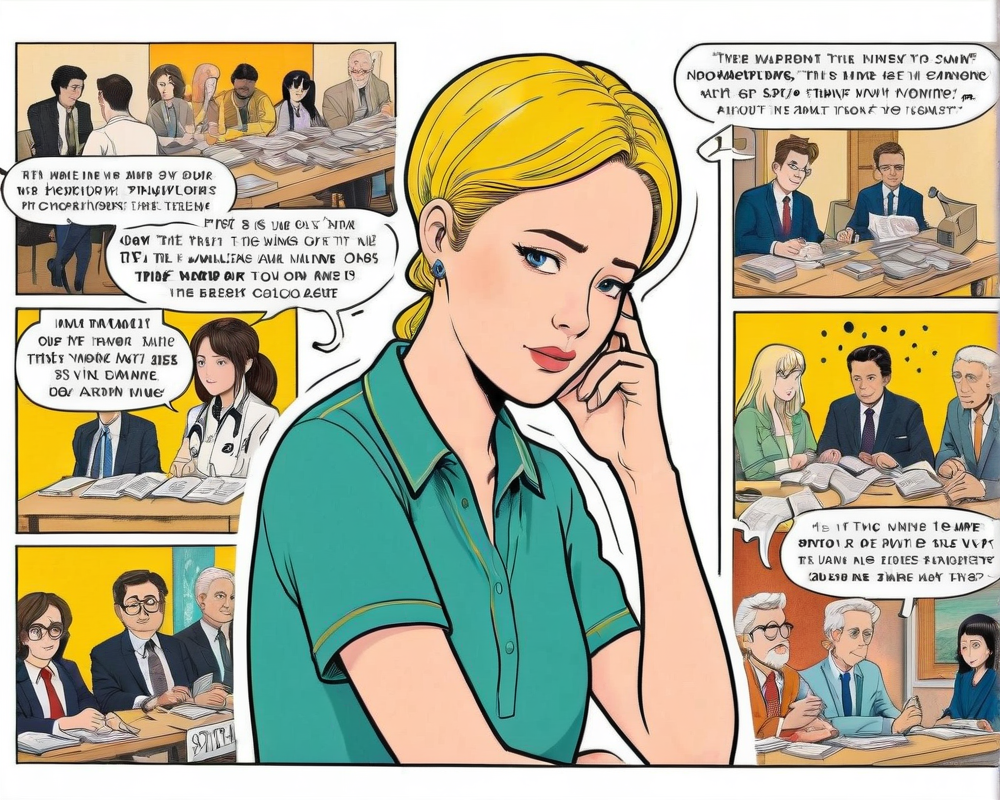Sympathy for Sam?: A Glowing Yet Troubling Portrait
Michael Lewis’s latest dive into the enigmatic waters of finance, Going Infinite: The Rise and Fall of a New Tycoon, seems to offer a mixed bag of revelations that oscillate wildly between sympathy and scrutiny. While his masterwork on the 2008 housing crisis, The Big Short, leaned heavily on the moral failures of its characters, the narrative surrounding Sam Bankman-Fried (SBF) appears almost adoring, raising the brows of those who’ve seen firsthand the fallout from his financial escapades.
Behind the Glittering Veil of Effective Altruism
Lewis dedicates much of his narrative to unpacking the concept of effective altruism—a philosophy that SBF is said to be passionate about. The idea emphasizes earning vast sums of mon… to redistribute, supposedly saving the world one questionable investment at a time. But amidst the cheers for altruism, the losses suffered by countless investors echo loudly.
- Many FTX users saw their life savings evaporate, all while SBF and his crew played the part of benevolent heroes on their moral high ground.
- It’s striking how quickly the principles of altruism dissolved into a hoax, with many left holding nothing but empty dreams of financial security.
Reality Check: The Consequences of the Collapse
As FTX crumbled into a pile of mismanaged funds in November 2022, the emotional impact on its users was profound. Investors, many of whom thought they were aligning with a genius of finance, soon found themselves in a stark new reality.
“Have you ever thought how much this event will be hurting people?”
Former COO Constance Wang raised this troubling question to SBF post-collapse, a moment that marks one of the few pokes at SBF’s inflated sense of self. For many, the response to such assertions was a bitter laugh—powerful figures oblivious to the carnage at their doorstep.
The Absurdity of Wealth and SBF’s Detached Brilliance
Lewis’s narrative has its quirks—it often infantilizes Bankman-Fried, illustrating how a man with dependent features could charm his way into creating a finance empire. A headquarters designed for a cube of tungsten, alongside a distraction of badminton courts, raises more than a few eyebrows. How could someone so out of touch with reality run a financial institution while dismissing the ramifications of their actions?
Conclusion: An Unfathomable Misunderstanding?
One has to wonder: if the legal case against Bankman-Fried were solely based on Lewis’s account, would it even exist? The narrative presented could lead one to believe that these were all just juvenile miscalculations rather than calculated deceptions. We’ve dwelled in Lewis’s world for long enough to realize that sometimes it’s okay to cast a sympathetic lens, but ignoring the victims? That’s where many will draw the line.
Final Thoughts
In the end, as Lewis wrapped up his observations, he noted something particularly poignant: “All sorts of people now thought they knew all they needed to know.” Perhaps, knowing too little led to far too much damage. It’s the ultimate irony—a rise of a tycoon whose ambition and intellect led to a drastic downfall, leaving shattered lives in its wake.




